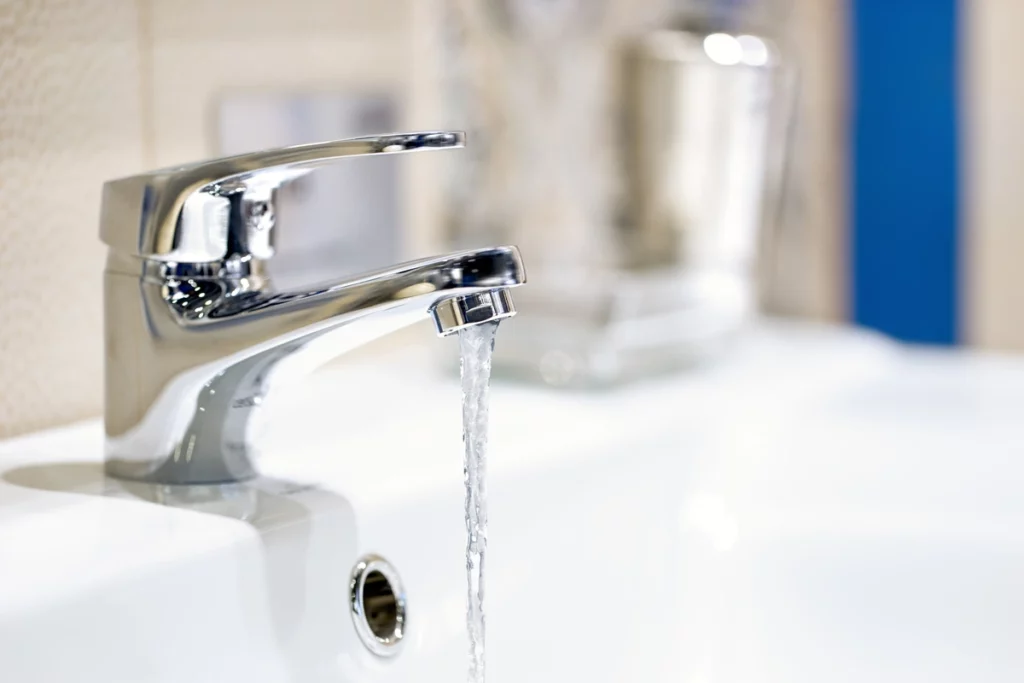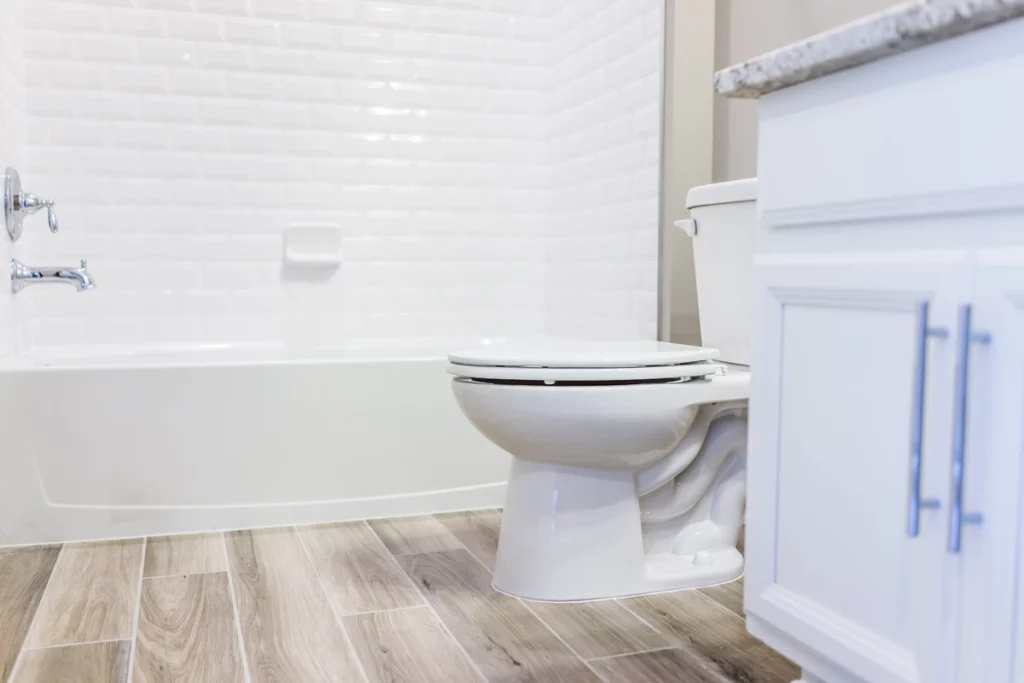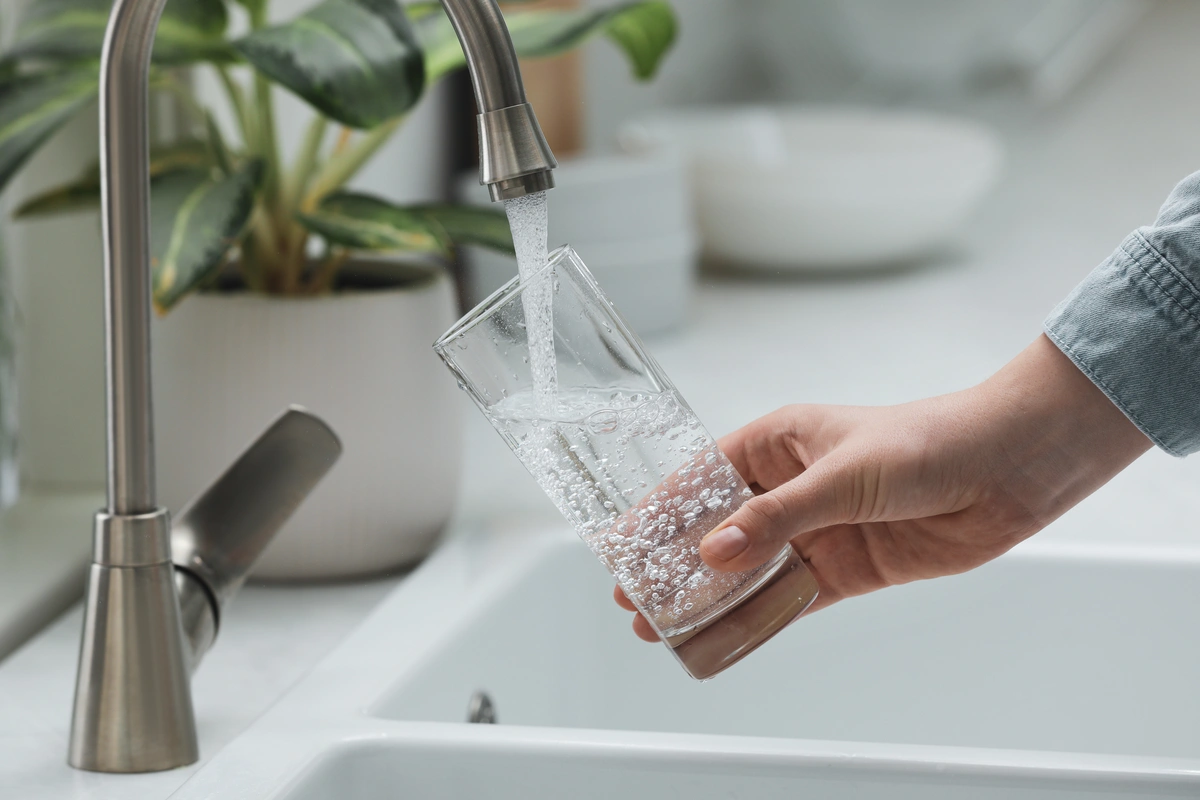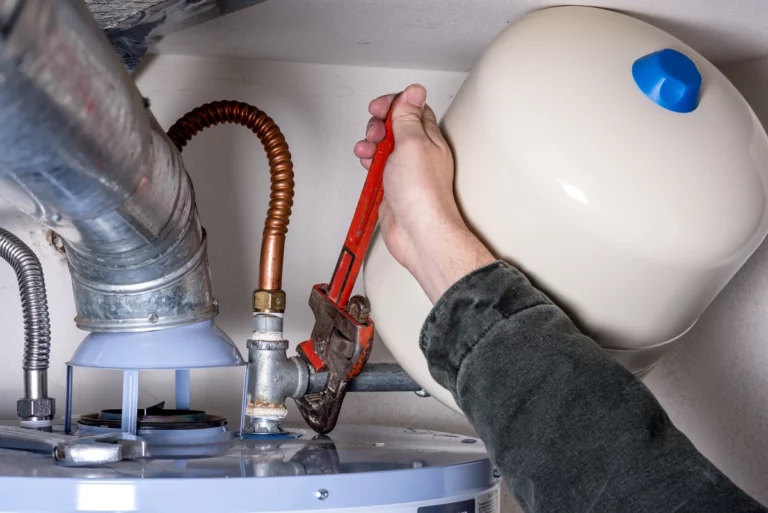One of the most frequently asked questions among homeowners is, “Why is my water bill so high?” Unfortunately, the average American household overspends on their water bills. To reduce your water bill, you must recognize possible sources of this expense and identify ways to reduce them.
Here are seven reasons why you’re experiencing higher water bills.
1. Poor Insulation
Homes with inadequate insulation may have an amplified expense for energy. This is due to heat dissipation, and more strain on air conditioning systems as more water is used.
This can result in a spike in usage, causing bills to skyrocket. However, a professional plumbing expert can insulate your plumbing efficiently and adequately.
2. Leaky Faucets and Pipes

Leaky pipes and faucets can also be a significant factor in unusually high water waste. If there are any underground pipes feeding water into your home, even small leaks with a few drops of water can result in significant increases over time. Likewise, a dripping faucet is a common problem.
Trying to spot one of these small leaks can be difficult. However, there are some signs to watch out for. If you notice any dripping or running faucets, check for signs of leakage. Common ones include:
- Wet spots on walls or floors
- Discolored tiles
- Hissing sound
- Musty odors
You may need to hire a professional plumber if the problem is more serious or if you need help finding the source of the leak. A plumber will use a dye test to find the leak.
If you find any leaks, you need to repair them immediately, as even small amounts of leaking water can add up over time resulting in higher costs on your monthly bill.
3. Overuse of Water
Overuse of water is another common reason for higher-than-expected bills each month. Avoid using more water than you need. Washing machines, dishwashers, water heaters,s and other large equipment that use water can contribute significantly to your monthly expenses if used sparingly or with care.
Installing low-flow fixtures such as shower heads or taps can also help conserve large amounts of wasted water without sacrificing comfort. Limit how often you use your water heater, and avoid filling your swimming pool too often.
Using a dishwasher instead of hand washing can save time and money while reducing water usage significantly. Modern dishwashers boast features that enable energy conservation. There are cycles utilizing just 11 liters of water per cycle compared to the 75 liters used by hand washing. Plus, they get dishes cleaner faster, so you don’t have to spend hours scrubbing pots and pans after dinner, either.
4. Unnecessary Use of Water
Using less water than needed can cause high water bills. The Environmental Protection Agency recommends full laundry loads and avoiding running faucets unnecessarily. These are the two primary ways to save on wasted water from everyday activities like washing clothes.
Keep track of daily usage and identify areas for improvement. These include shorter showers, softer water flow, or more efficient washing machines. A running tap wastes about 6 liters of water per minute: to make it easier to remember, set the alarm on your phone for two minutes – that’s how long it should take you to brush your teeth properly anyway.
5. Toilets

Toilets are often overlooked but account for nearly 30% of all indoor residential use according to the EPA’s WaterSense label program, which promotes efficient practices when using plumbing fixtures at home or work settings.
Look out for a toilet leak allowing tank water too high water bills. You can hear the water dripping in the toilet tank or water leaking out of the toilet’s tank.
6. Watering Your Garden too Often
Watering your garden too often is unnecessary and costly. Instead, use greywater waste to water your garden and save money.
Investing in innovative technology, such as automated irrigation systems or sensors that detect moisture levels within soil beds, can be a real game-changer. These advanced tools allow for exact measurements regularly, ensuring optimal results while saving money in the long run.
7. Leaky Irrigation System
A leak in your irrigation line is another reason your water bill is so high. Check your lawn for unusually wet areas, water pooling, new grass growth, or greener than the rest of the area. Suppose you find any, make use of a professional plumber.
Benefits of Lowering Your Water Bill
One of the biggest incentives for lowering your water bill is saving money on monthly utility costs. So by using less water each month, you’ll see a direct reduction in your bill. But, of course, this means more cash in your pocket.
Even small changes like taking shorter showers or turning off the tap when brushing teeth can add up over time, resulting in significant cost savings throughout the year. Additionally, many local governments offer rebates or other incentives for households that try to reduce their consumption levels.
FAQs
Here are some frequently asked questions from homeowners.
Why do I have an unusually high water bill?

Water utilization can be substantial because of a mix of components, including population increase and amplified requirements for water-intensive activities.
In addition, inefficient infrastructure can lead to significant losses in the distribution system, resulting in higher consumption levels. Finally, climate change can contribute to water shortages through frequent droughts and floods, harming availability and quality.
What uses the most water in a house?
Showers account for the highest household water use, followed by baths and laundry. Limiting your water use and not leaving your faucet running will come in handy to reduce these water bills.
Toilet flushing also consumes significant amounts of water but less than other activities such as showers or baths. Households can reduce water consumption by making simple changes like taking shorter showers or installing low-flow toilets.
Conclusion
In conclusion, knowing the common reasons for a high water bill and taking actionable steps to lower your monthly costs is essential. You can reduce your water consumption significantly by taking simple steps such as fixing leaks, reducing shower time, insulating the plumbing, and using a dishwasher instead of hand washing.





